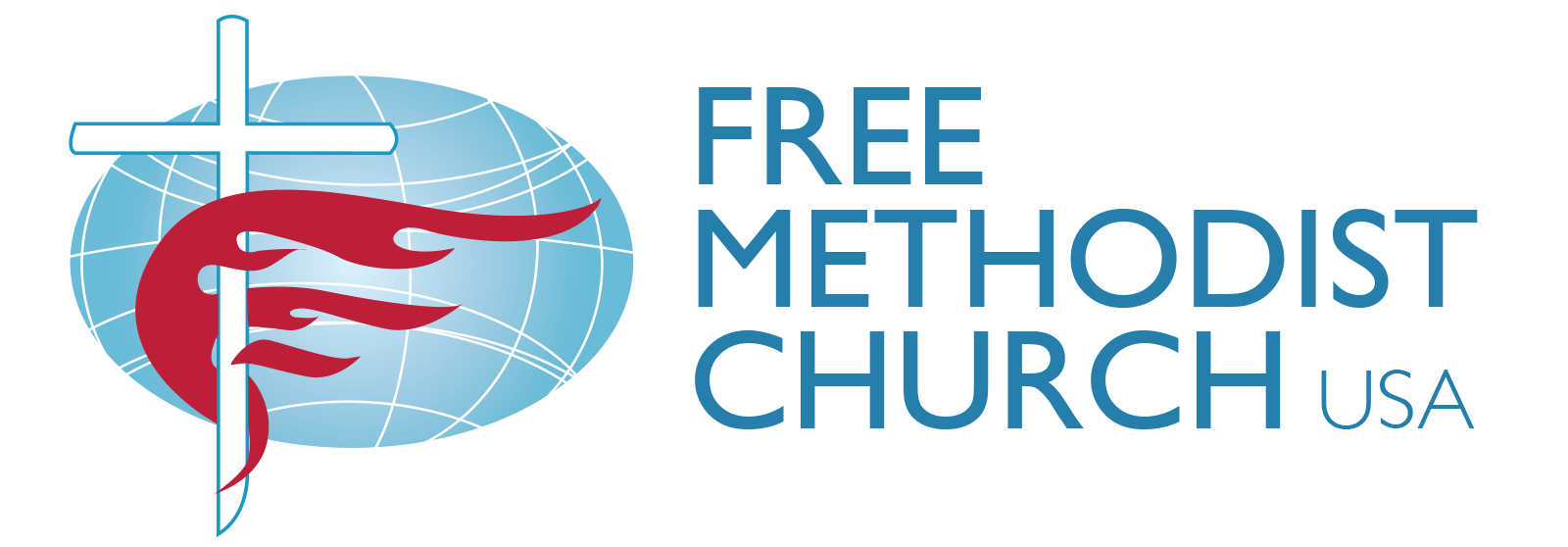So...what is "Free" Methodist?
Nashville, Tennessee
“”I’ve heard of ‘United Methodist’ and I’ve heard of ‘Free Will Baptist’ and I’ve even heard of the ‘Evangelical Free Church,’ but I’ve never heard of ‘Free Methodist.’ What’s a ‘Free Methodist?'”
A very common question, unfortunately.
Broadly speaking, Free Methodists have not enjoyed a wide presence in the south, since we were founded in the north. But Free Methodists are a denomination for all seasons…and geographies!
In a nutshell, the Free Methodist church differs from the United Methodist church in that it continues to provide a more uniform expression consistent with historic Methodism. Both the United Methodist Church (commonly referred to as Methodist) and the Free Methodist Church share a common heritage, harkening back to the Wesleyan revival in England during the middle 1700s.
By the middle 1800’s, however, concern arose over the waning of several key expressions of the Wesleyan revival. So the Free Methodist Church began as an attempt to restore those vital “Wesleyan” convictions, such as the doctrine of entire sanctification, the concern for the poor, the vision to end discrimination and racism, and Christian growth through small groups.
Since that time the Free Methodist Church has proven capable of preserving a sound commitment to classic conservative Christian doctrines such as the infallibility of scripture, salvation by faith, and the deity of Jesus Christ, along with maintaining a more conservative view on many of the moral / ethical / sexual / marital issues that many larger denominations struggle with today.
It might be mentioned here that, although the Free Methodist denomination, like it’s conservative counterparts, continues to grow stateside, it is much larger overseas than in the United States. While there are fewer than 100,000 Free Methodists in the U.S. and Canada, there are well over one million FMs worldwide.
So…what’s with the “free” in Free Methodist?
Glad you asked!
Early Free Methodists were concerned about a number of issues in their historical setting that still have relevance today.
Formed in the early days of the American Civil War, these supporters of the anti-slavery movement believed in equality for all, regardless of racial background. They wanted a church “free” for all to attend.
The Methodist Church of that day had a practice of renting seats in their churches as a way of collecting financial support from their members. Since this practice was seen as disenfranchising the poor, who could not afford the seats, Free Methodists wanted “free seats” for all, regardless of socio-economic status.
Also, John Wesley, the founder of the Methodist movement, taught that all Christians could be “free from the domination of sin” in their daily lives through the renewing activity of the Holy Spirit and faithful adherence to spiritual disciplines. Free Methodists wanted to recover this expectation in their movement.
In addition, a lively spiritual refreshing was sweeping the United States in the mid 1800s, and the Free Methodists wanted this “freedom of the Spirit” in their worship services as well.
Finally, many members of Methodist churches were also members of secret societies that often divided their loyalties toward their Christian commitments. Free Methodists wanted all their members to be “free” from such binding involvements outside the fellowship of Christian believers.*
Check out our Articles of Religion.
Also, you may find these ongoing conversations interesting.
Also, in light of recent dissonance within the United Methodist Church regarding sexuality issues, our Bishops drafted an open letter to pastors and congregations who may wonder if the Free Methodist Church is right for them. You can download that by clicking here.
* Courtesy of the Free Methodist Church of Canada
